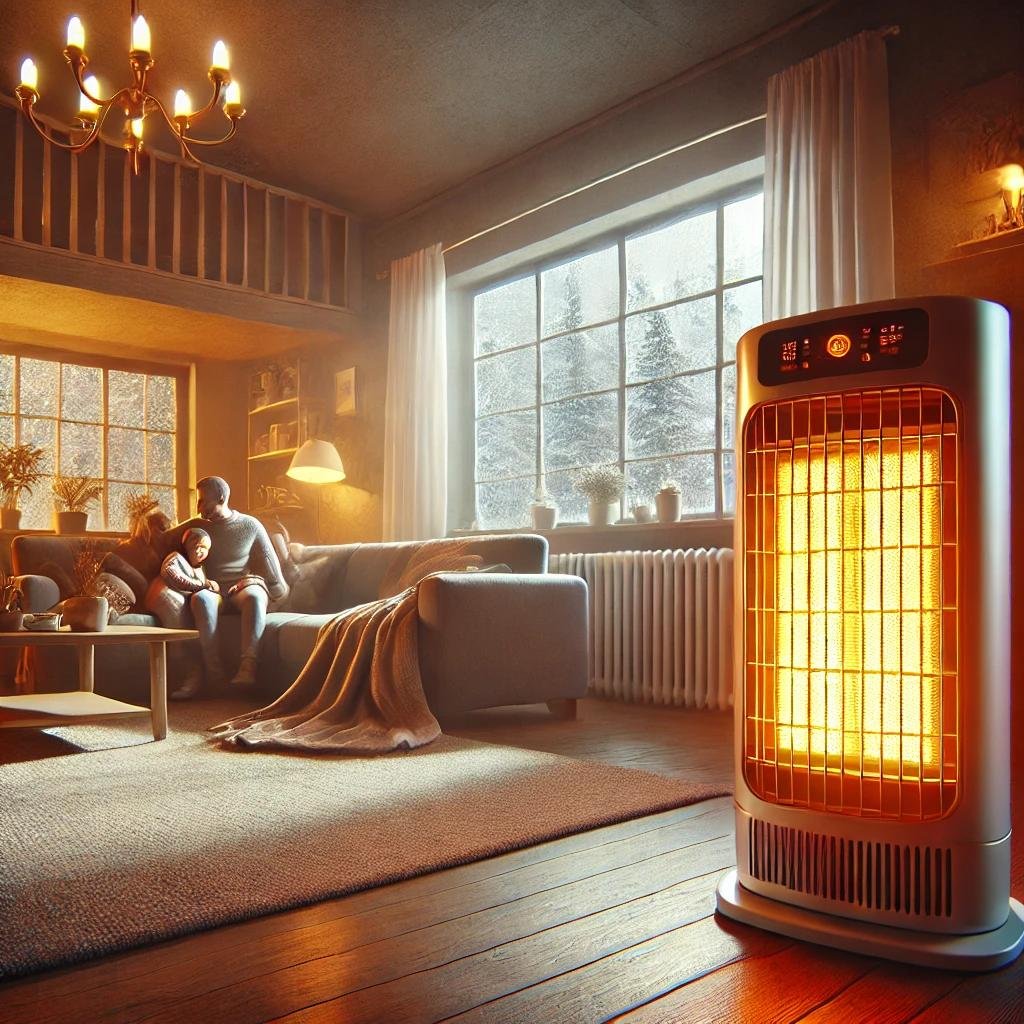Electric heating is ideal for homes in mild climates or those prioritizing eco-friendliness, offering nearly 100% efficiency and low maintenance. Gas heating suits larger homes in colder regions with its cost-effective energy and reliable performance. Choose based on climate, costs, and your sustainability goals.
Choosing between electric and gas heating is one of the most important decisions for maintaining a comfortable home. Both options come with distinct advantages and challenges, so understanding their key differences can save you money and help you make the best choice for your needs.
Why Your Heating Choice Matters
Your heating system directly affects your comfort, budget, and environmental impact. Selecting the right option ensures:
- Efficient energy use, leading to lower bills.
- Consistent and reliable heating throughout the year.
- A reduction in harmful emissions if you choose eco-friendly solutions.
Whether you’re installing a new system or upgrading, knowing what fits your lifestyle and location can make all the difference. For expert advice on selecting the best system, explore our Heating Installation Services.
Electric Heating: What You Need to Know
How Does Electric Heating Work?
Electric heating systems convert electricity into heat, typically using radiators, heat pumps, or baseboard heaters. These systems are versatile and easy to install, making them a great choice for modern homes.
Advantages of Electric Heating
- High Energy Efficiency
Electric heaters are nearly 100% efficient. Heat pumps, in particular, can cut electricity usage by up to 50%. - Lower Installation Costs
No gas lines or venting systems are needed, saving on setup expenses. - Eco-Friendly Operation
Electric systems emit no greenhouse gases at the point of use, especially when powered by renewables. - Smart Features
Modern electric heating includes advanced technologies like programmable thermostats and app-controlled zoning.
To maintain these benefits, regular care is essential. Visit our Heating Maintenance Page for tips on keeping your system in peak condition.
Downsides of Electric Heating
- Operating Costs: Electricity can be more expensive per kilowatt-hour than natural gas.
- Weather Limitations: Electric heating may struggle in extremely cold climates.
If your electric heating system needs professional help, check out our Heating Repair Services.
Gas Heating: The Traditional Powerhouse
How Does Gas Heating Work?
Gas systems use natural gas or propane to generate heat, often distributed via furnaces or boilers. They’re a tried-and-true choice for regions with harsh winters.
Benefits of Gas Heating
- Lower Energy Costs: Gas is cheaper than electricity in most regions.
- Effective in Cold Climates: Gas systems can heat large spaces quickly and maintain consistent warmth.
- Reliable Backup: They work even during power outages.
Challenges of Gas Heating
- Environmental Concerns
Burning gas releases CO₂ and other pollutants, contributing to climate change. - Maintenance Needs
Gas systems require annual servicing to ensure safety and efficiency. - Safety Risks
Gas leaks and carbon monoxide poisoning are potential dangers.
For safe and efficient system upkeep, consider our Heating Maintenance Services.
Cost Comparison: Which Option Saves More?
Installation Costs
- Electric heating is typically cheaper to install because it doesn’t require complex infrastructure like gas lines.
- Gas systems have higher upfront costs due to venting and piping needs.
Operating Costs
- Average U.S. winter costs for 2023-2024:
- Gas: $611
- Electric: $1,072
Heat pumps, however, can significantly reduce electricity costs over time. Learn more about energy-efficient systems with our guide to Top 5 Energy-Efficient Heating Systems for 2024.
Long-Term Value
- Electric upgrades, such as heat pumps, can increase home resale value by over 103% of the investment.
- Gas systems remain a cost-effective option for large homes in cold climates.
Environmental Impact: A Critical Factor
Carbon Footprint
- Electric Systems: Cleaner when paired with renewable energy sources.
- Gas Systems: Major contributors to greenhouse gas emissions.
Regulations and Incentives
In the UK, gas boilers will be banned in new homes by 2025. In the U.S., federal and state tax credits are available for electric heat pump installations, making the switch more affordable.
If you’re upgrading for environmental benefits, explore our guide on How to Save Money on Heating Bills.
Which Is Better for Your Home?
Electric Heating Is Ideal If:
- You live in a mild climate.
- Your home relies on renewable energy.
- You want minimal maintenance and safety risks.
Gas Heating Is Best If:
- You have a large home in a cold region.
- Natural gas is cheaper in your area.
- You need powerful heating for harsh winters.
Energy-Saving Tips for Any Heating System
Small Changes That Make a Big Difference
- Install a smart thermostat for precise temperature control.
- Seal windows and doors to prevent heat loss.
- Upgrade insulation in your attic and walls.
Optimize Your Heating System
- For electric systems, invest in a heat pump to reduce electricity usage.
- For gas systems, schedule annual maintenance to ensure efficiency and safety.
For more tips on system care, explore our HVAC Maintenance Guide.
Explore Heating Services for Every Need
Choosing the right heating system is just the first step. Proper installation and maintenance are key to maximizing efficiency. We offer professional services tailored to your home or business:
Call us today at TEL: [Phone Number] for expert advice and service solutions!

